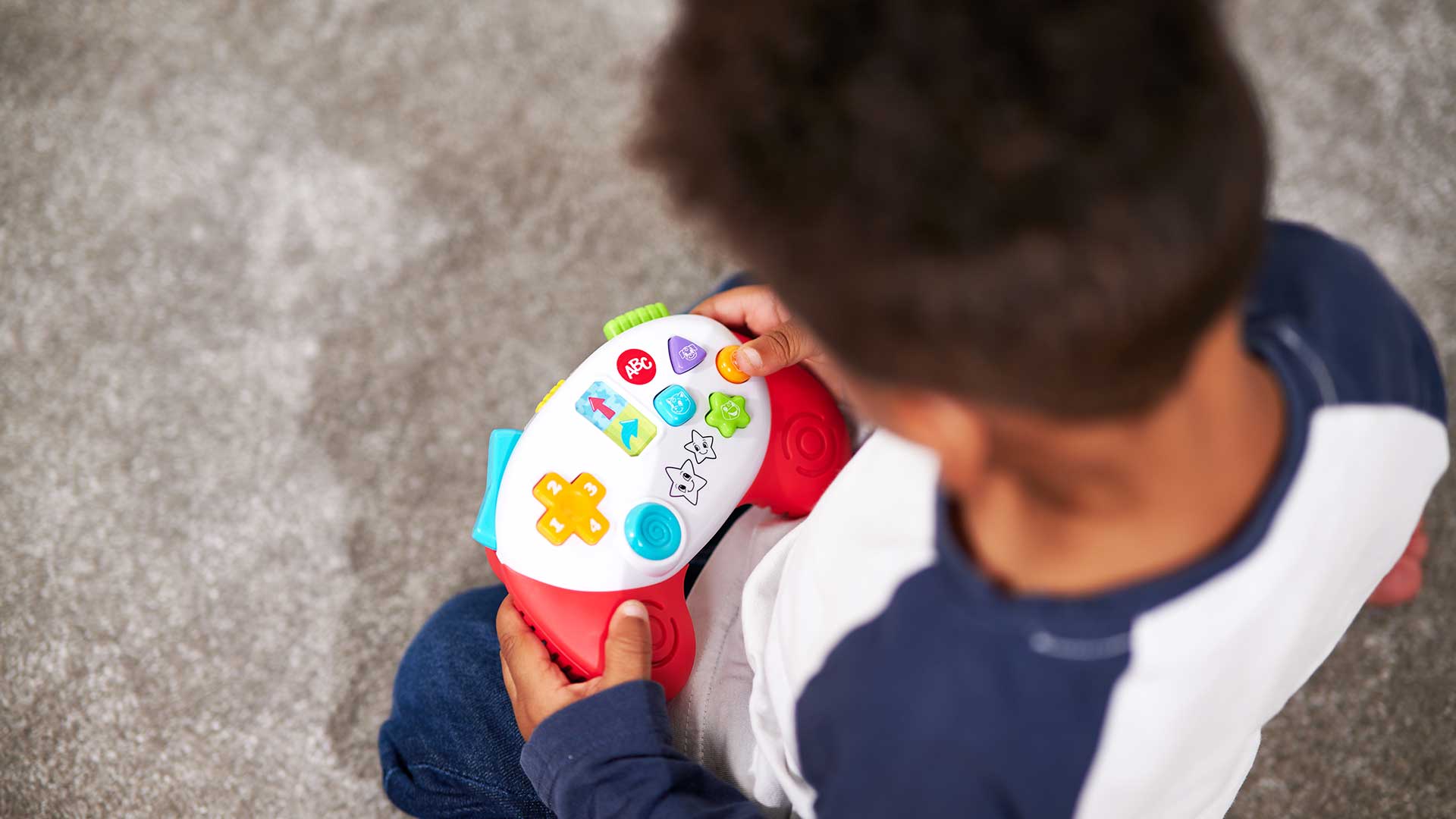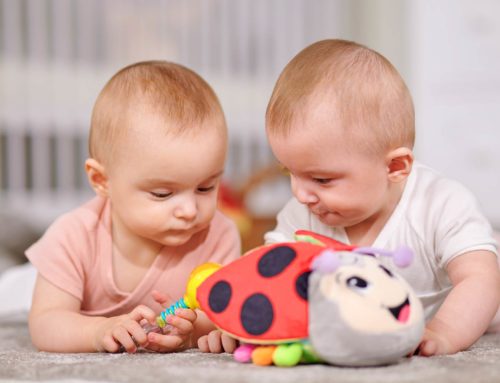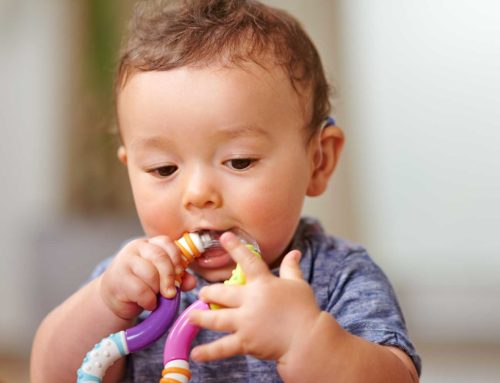Imitating its parents – why is imitation important in toddlerhood
Before children learn the alphabet, they learn to imitate others. This is an innate characteristic of all humans: We all learn the most basic habits this way, such as eating, sleeping, communicating with others, and more.
Even if parents may find this habit annoying, the child goes through a vital part of its development during this phase.
Children are curious!
Your child is new to this world, and they have a lot to discover about it. Although they may not have enough resources to understand everything, they have the urge to learn more simply by copying what they see from others. Parents are the first people children form deep relationships with, so they live out their curiosity with them first.
Children learn how to communicate
Children like to have something to say. Not least because at this age they are discovering their self and will. Now, when a child imitates what you say and how you say it, they are trying to grasp how verbal communication works. They may even imitate your words – or the tone of your voice. In either case, children learn new words and phrases and use the new vocabulary in everyday conversation.

Children learn how emotions work
Children do not understand what they feel; their minds are not yet developed enough to recognize and process their emotions like adults. Therefore, they depend on their environment and mimic everything they see. For this reason, children who grow up in a turbulent environment are more irritable or even violent. In contrast, children who grow up in a loving home are more empathetic and calmer in their interactions with others.
Children train their social skills
The way most people behave at home is different from how they behave in public – and children know this. Children do not yet know how to interact with others in social situations; they rely on their parents. They may mimic the way you greet someone or the way you respond to an inconvenience. While this can lead to some funny and perhaps even embarrassing situations for parents, it is something to celebrate – your child is learning to be social, and that is commendable!


Children want to be independent
You may wonder how a child learns independence when he imitates his environment. To understand this, you need to put yourself in the child’s perspective.
While your child is imitating you, something completely different develops in his mind. When he does something, he sees his parents do, he realizes that he has control over himself. It learns to do tasks by itself and thus experiences what it is like to be independent. Imitation is an excellent exercise for children, especially those who tend to always cling to their parents!
Imitation is a natural skill, and when used to a child’s advantage, it can lead to remarkable success. – The next time you notice your child imitating you, observe yourself to set an excellent example for the child.
Before children learn the alphabet, they learn to imitate others. This is an innate characteristic of all humans: We all learn the most basic habits this way, such as eating, sleeping, communicating with others, and more.
Even if parents may find this habit annoying, the child goes through a vital part of its development during this phase.
Children are curious!
Your child is new to this world, and they have a lot to discover about it. Although they may not have enough resources to understand everything, they have the urge to learn more simply by copying what they see from others. Parents are the first people children form deep relationships with, so they live out their curiosity with them first.
Children learn how to communicate
Children like to have something to say. Not least because at this age they are discovering their self and will. Now, when a child imitates what you say and how you say it, they are trying to grasp how verbal communication works. They may even imitate your words – or the tone of your voice. In either case, children learn new words and phrases and use the new vocabulary in everyday conversation.

Children learn how emotions work
Children do not understand what they feel; their minds are not yet developed enough to recognize and process their emotions like adults. Therefore, they depend on their environment and mimic everything they see. For this reason, children who grow up in a turbulent environment are more irritable or even violent. In contrast, children who grow up in a loving home are more empathetic and calmer in their interactions with others.
Children train their social skills
The way most people behave at home is different from how they behave in public – and children know this. Children do not yet know how to interact with others in social situations; they rely on their parents. They may mimic the way you greet someone or the way you respond to an inconvenience. While this can lead to some funny and perhaps even embarrassing situations for parents, it is something to celebrate – your child is learning to be social, and that is commendable!


Children want to be independent
You may wonder how a child learns independence when he imitates his environment. To understand this, you need to put yourself in the child’s perspective.
While your child is imitating you, something completely different develops in his mind. When he does something, he sees his parents do, he realizes that he has control over himself. It learns to do tasks by itself and thus experiences what it is like to be independent. Imitation is an excellent exercise for children, especially those who tend to always cling to their parents!
Imitation is a natural skill, and when used to a child’s advantage, it can lead to remarkable success. – The next time you notice your child imitating you, observe yourself to set an excellent example for the child.





